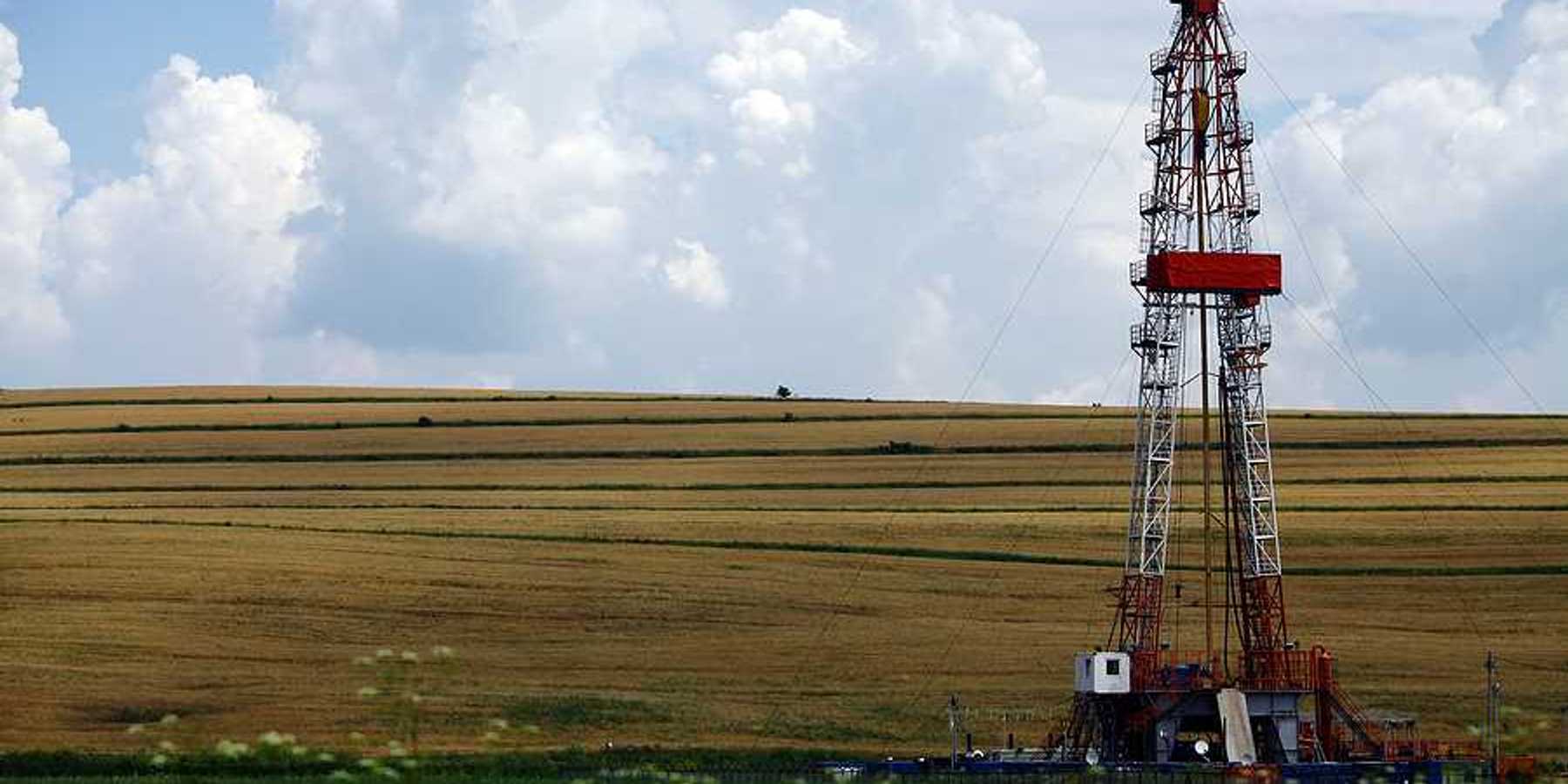Rebuilding after wildfires sparks debate over sustainability and cost
As communities in Colorado and California rebuild after devastating wildfires, tensions rise between adopting sustainable building standards and addressing the financial burdens of underinsured homeowners.
Wyatt Myskow reports for Inside Climate News.
In short:
- After the 2021 Marshall Fire in Colorado, some residents opposed new energy-efficient building codes due to higher costs, estimated at $100,000 per home.
- Local governments later provided education, incentives and rebates, leading 70% of rebuilt homes to meet or exceed updated energy standards.
- Experts emphasize the need for community outreach and flexible policies to balance fast recovery with long-term resilience.
Key quote:
“It’s really hard to tell people that have to rebuild, that already have these huge insurance gaps, that they’re going to have to spend X amount more to rebuild.”
— Allison James, disaster preparedness and recovery manager in the town of Superior, Colorado
Why this matters:
Wildfires are increasing in intensity due to climate change, leaving communities vulnerable. Building more resilient homes can reduce future risks, but the process must be equitable and accessible to prevent widening economic disparities among disaster survivors.













